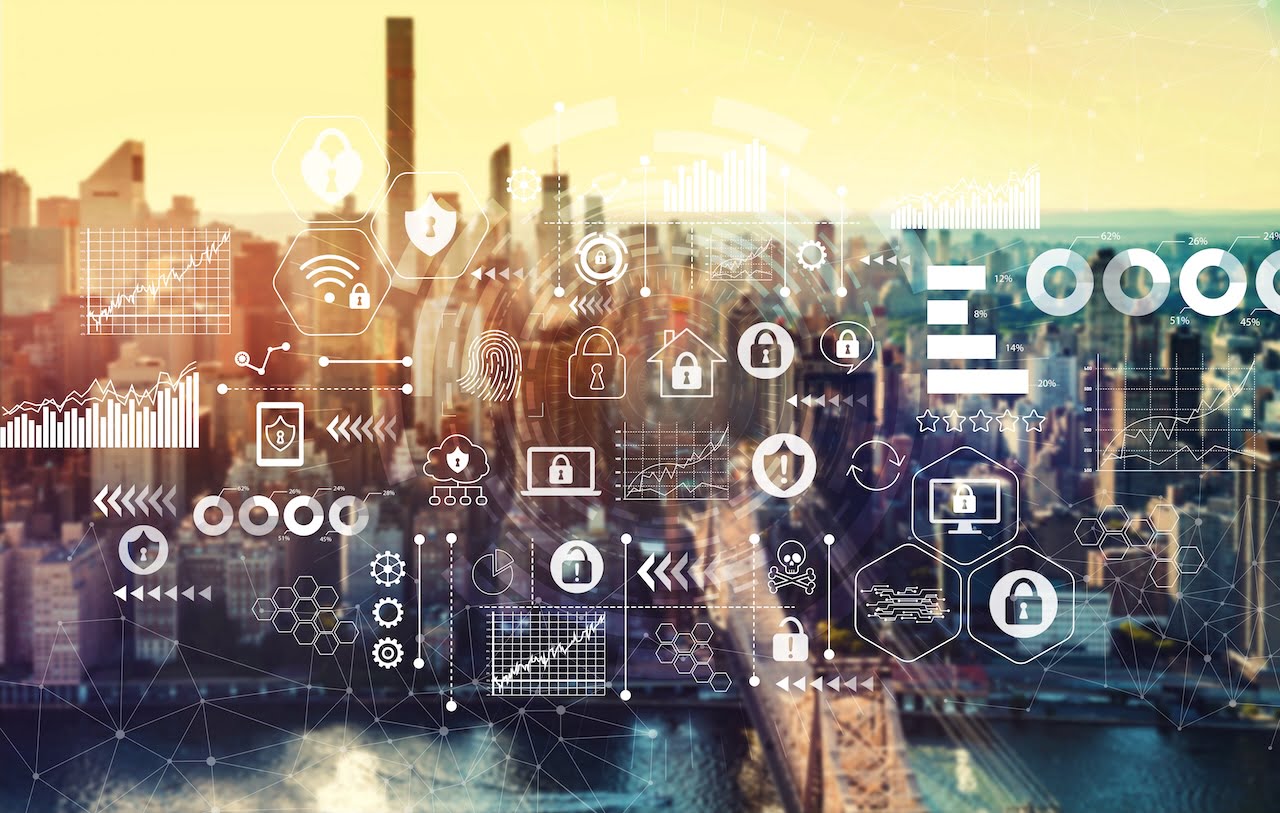Keeping your business IT secure requires much more awareness and actions than might have been the case in the past. Among the ways the cybersecurity landscape has changed, here are the top areas:
Supply Chain Vulnerabilities
Geopolitical tensions can disrupt global supply chains. Businesses that are heavily reliant on international suppliers face risks such as supply shortages, delays, and price fluctuations. State-sponsored and other bad actors exploit supply chain vulnerabilities to compromise critical components, leading to data breaches, intellectual property theft, and financial losses.
Increased Cybersecurity Costs
The escalating geopolitical tensions highlighted above necessitate heightened cybersecurity measures. Businesses will need to allocate increased resources to threat detection, incident response, and risk mitigation. The cost of maintaining robust security infrastructure, hiring skilled professionals, and implementing advanced technologies impacts the bottom line.
Regulatory Compliance Challenges
Geopolitical instability often results in shifting regulatory landscapes. Businesses operating across borders must navigate varying data protection laws, privacy regulations, and export controls. Compliance becomes complex, requiring organizations to adapt swiftly to legal changes or face penalties.
Business Continuity Risks
Attacks on an organisation’s IT infrastructure can disrupt critical services, affecting business continuity. Ransomware attacks, data manipulation, and infrastructure compromise pose significant risks. Organizations must invest in resilience planning, backup systems, and incident response protocols.
Intellectual Property Theft
Bad actors target businesses to steal valuable intellectual property (IP). This includes trade secrets, patents, and proprietary technology. IP theft undermines competitiveness and innovation, impacting long-term growth.
Reputational Damage
Cyber incidents linked to geopolitical tensions can tarnish a company’s reputation. Breaches, leaks, or association with state-sponsored attacks harm public trust. Rebuilding trust is challenging and affects customer loyalty and investor confidence.
Sector-Specific Impact
Certain industries face unique challenges:
- Financial institutions: Vulnerable to attack due to their critical role in the economy.
- Energy and utilities: Prone to infrastructure attacks that disrupt services.
- Healthcare: Targeted for sensitive patient data.
- Technology companies: At risk of IP theft and supply chain compromise.
Collaboration and Information Sharing
Businesses must collaborate with government agencies, industry peers, and international partners to share threat intelligence. Collective efforts enhance resilience against external threats.
In summary, geopolitical instability and hacking by state as well as non-state actors directly impact businesses’ operations, financial stability, and reputation. Organizations must adopt a proactive approach to cybersecurity, staying informed, investing in defenses, and fostering collaboration. As daunting as this may sound however, partnering with an experienced IT Services provider will go a long way in mitigating these risks in a cost effective manner.




